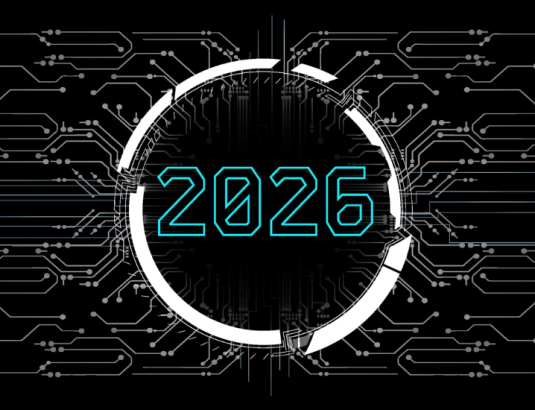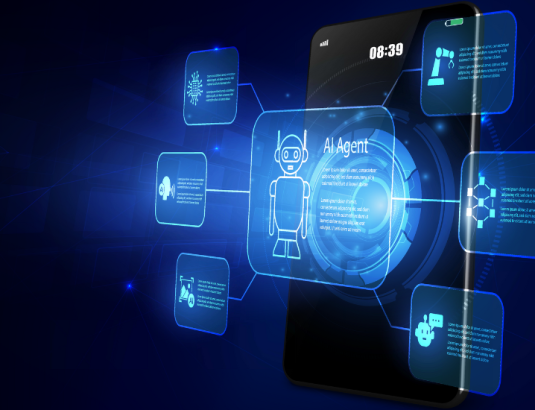


The AI Revolution in Healthcare
Who would have thought that just a few years ago, we were still speculating about the future of artificial intelligence (AI), its possibilities, its risks, and where it might lead us? Today, however, we are no longer speaking in hypotheticals. AI is no longer a distant vision but a present-day reality, delivering measurable impact across critical sectors such as education, defense and healthcare.
In healthcare, AI is proving to be a game-changer. Its capabilities are opening unprecedented opportunities, improving medical services, and paving the way for new treatments and technologies aimed at benefiting society.
The driving forces behind this transformation include advances in machine learning (ML) algorithms, wider access to medical data, affordable hardware, and the rollout of 5G networks. Together, these enable AI and ML technologies to process vast amounts of health data, faster and more comprehensively than humans ever could.
AI as a Catalyst for Healthcare Transformation
AI has the potential to improve the core functions of healthcare systems. By analyzing large volumes of data at speed, AI can support the efficient allocation of resources, optimize the use of hospital beds, staff, and equipment, and streamline administrative processes. This not only saves time and reduces costs but also enhances overall quality of care. Healthcare professionals, in turn, can focus more on their patients, while AI takes on the repetitive and time-consuming tasks.
Chatbots and intelligent applications already assist patients by answering common questions, scheduling appointments, and forwarding reports to physicians. In diagnostics, AI algorithms are being developed to predict tumor prognosis and treatment effectiveness by analyzing imaging, histological, or clinical data. In fact, several AI-powered tools have recently been approved for radiological and pathological analysis, signaling a new era in precision medicine.
AI is also making its mark in surgery, with robotic-assisted platforms enabling greater accuracy, reducing human error, and improving surgical outcomes. Beyond the hospital, AI systems can help detect unusual or fraudulent patterns in insurance claims, such as inflated billing, unnecessary procedures, or attempts to exploit reimbursement systems.
Regulation and Responsible Use
With such transformative potential, regulation is essential. The AI Act in the European Union aims to ensure the responsible development and deployment of AI technologies. High-risk systems, including AI software for medical purposes, must comply with strict requirements such as robust risk-mitigation frameworks, high-quality datasets, clear user information, and human oversight.
The newly established European AI Office plays a central role in overseeing implementation of the AI Act, particularly with general-purpose AI, while promoting trustworthy AI, innovation, and international cooperation. The Act also seeks to strike a balance, providing clarity to developers and users while minimizing administrative and financial burdens, especially for small and medium-sized enterprises.




